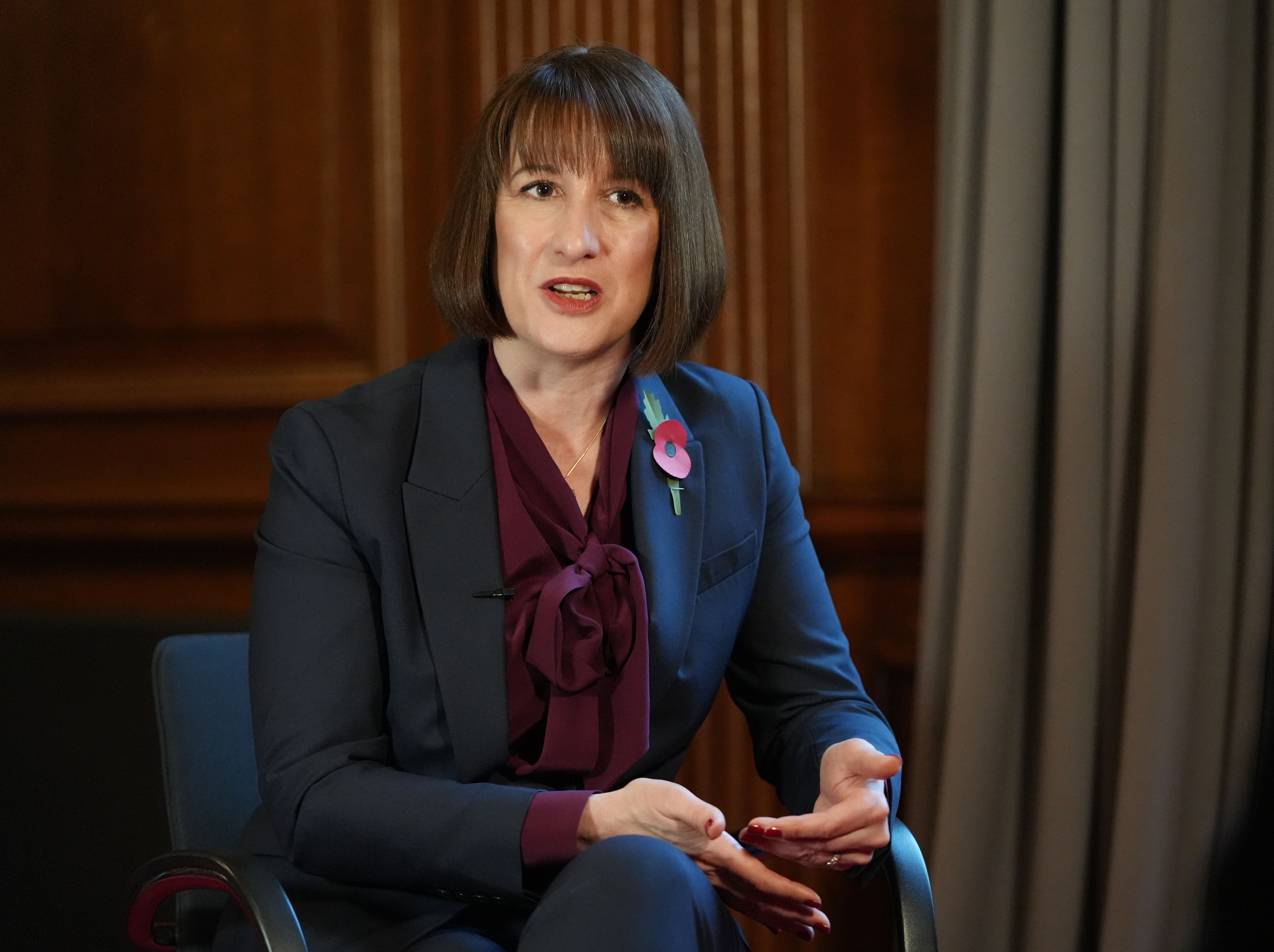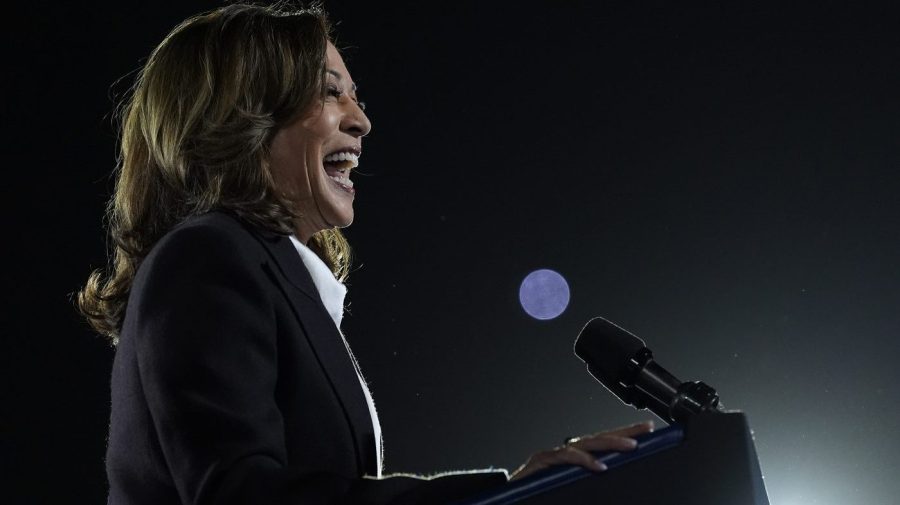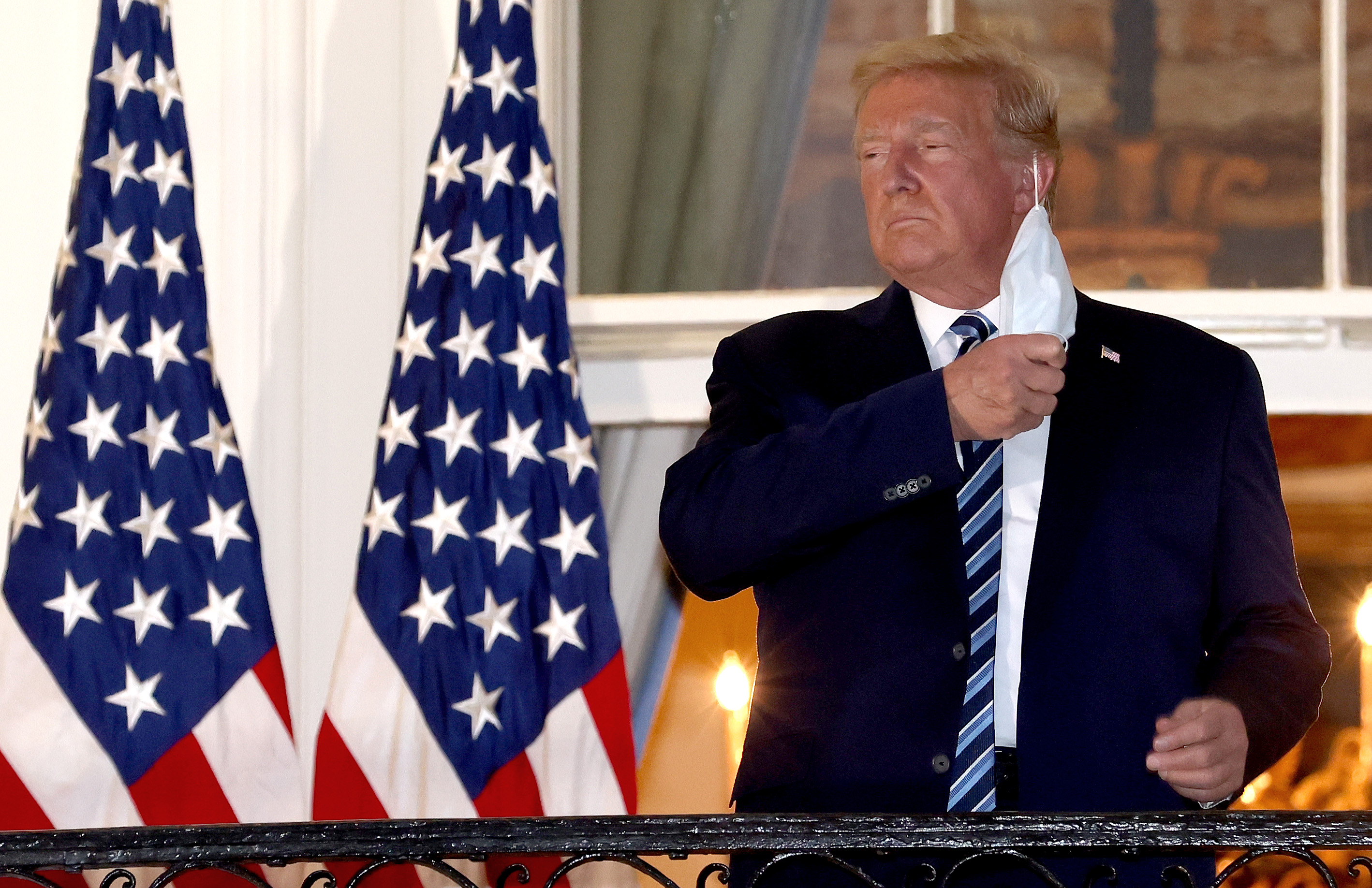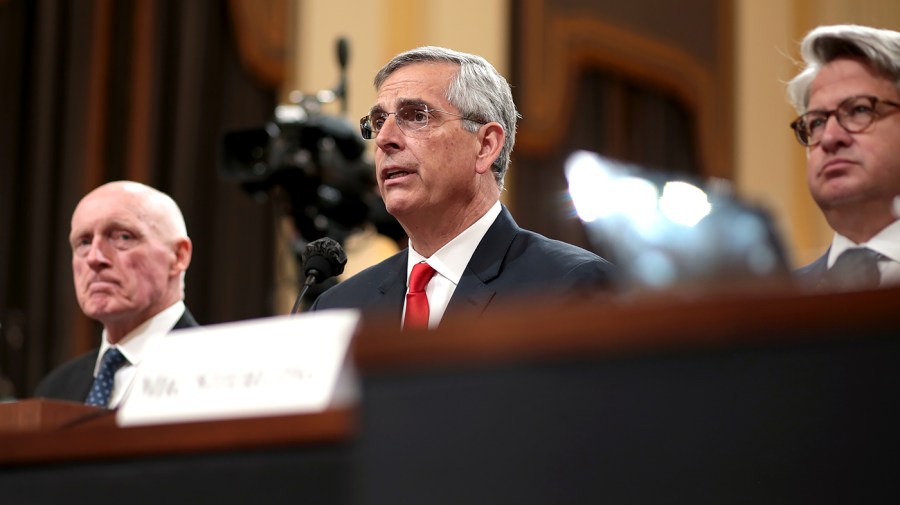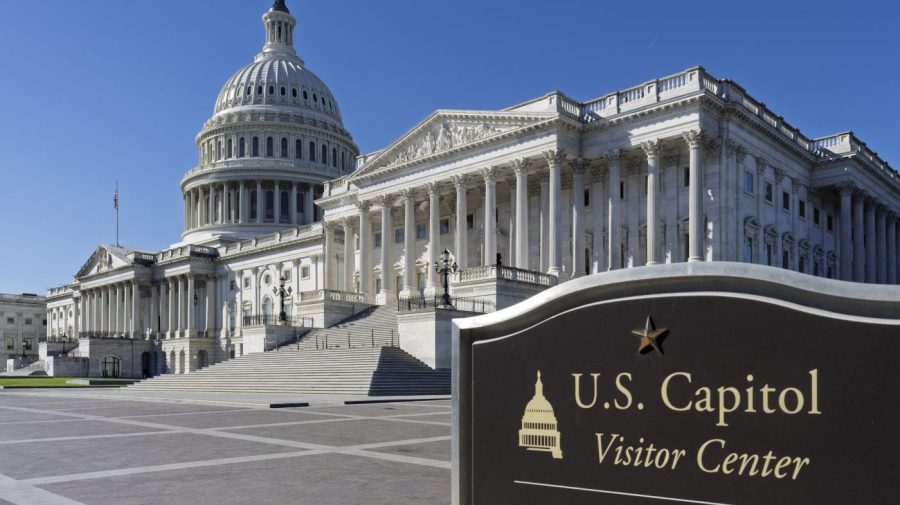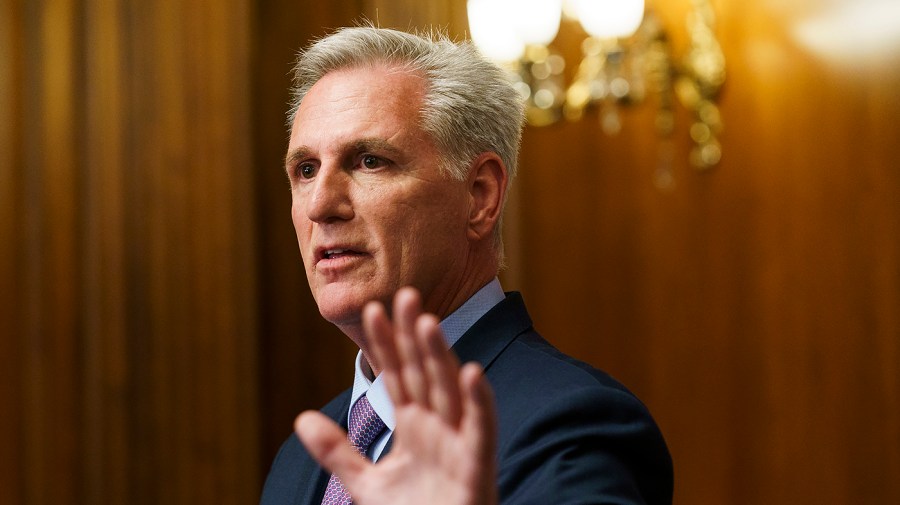Treasury officials may have broken the law when they failed to alert the Office for Budget Responsibility about £9.5bn of spending that should have appeared in the March budget, MPs have been told.
Laws governing how the Treasury gives information to the OBR could have been breached when civil servants kept spending commitments under wraps, the government’s independent economic forecaster said.
The head of the OBR, Richard Hughes, said he had not complained at the time of the last budget “because what you don’t know, you don’t know”. But he said the disclosure would have “materially changed” a forecast predicting the impact on the economy of Jeremy Hunt’s pre-election budget.
The Treasury committee chair, Meg Hillier, said it would need to investigate the legal situation to establish whether any laws had been broken.
Laws applying to the relationship between the Treasury and the OBR were put in place when the OBR was created by the then chancellor, George Osborne, in 2010.
Hughes, who was responding to questions about Labour’s first budget in 14 years, said the OBR was changing the way it interacted with the Treasury when drawing up its economic and fiscal forecasts.
“We are moving from a system of trust, to a system of trust but verify,” he said.
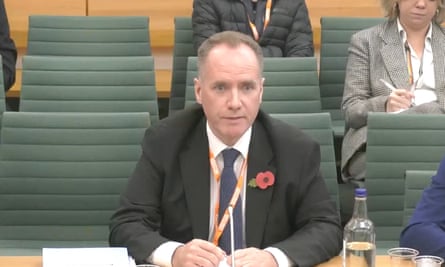
He said it would mean that the “failure of oversight that very clearly happened in March doesn’t happen again”.
He added: “It will involve greater scrutiny on our part of departmental spending limits, and the preparations of departments’ budgets, to make sure that those kind of pressures do get disclosed to us, and we have a conversation about how they will be managed and offset, and what it means for departmental overspending or underspending.”
Hughes said how the OBR had built up a way of working with the Treasury over the years, which was a “high trust relationship” that expenditure pressures on departments were being well managed and managed within the spending total allocated to departments.
He said: “That system very clearly broke down.”
Hughes said the OBR was not aware of the extra pressures on government departments when the chancellor, Rachel Reeves, told MPs in July there was a £22bn “black hole” in the public finances.
Asked how the OBR was blindsided, Hughes said: “The Treasury has a large number of public servants managing departmental budgets. We have a handful of people who have to focus their scrutiny and challenge on what they think the biggest risks are.”
Hughes said the OBR asked the Treasury what information was held by civil servants and ministers when the independent forecaster compiled its March predictions.
This request uncovered “£9.5bn of net [spending] pressure which they did not declare to us, which under the law and under the act they should have,” Hughes said.

